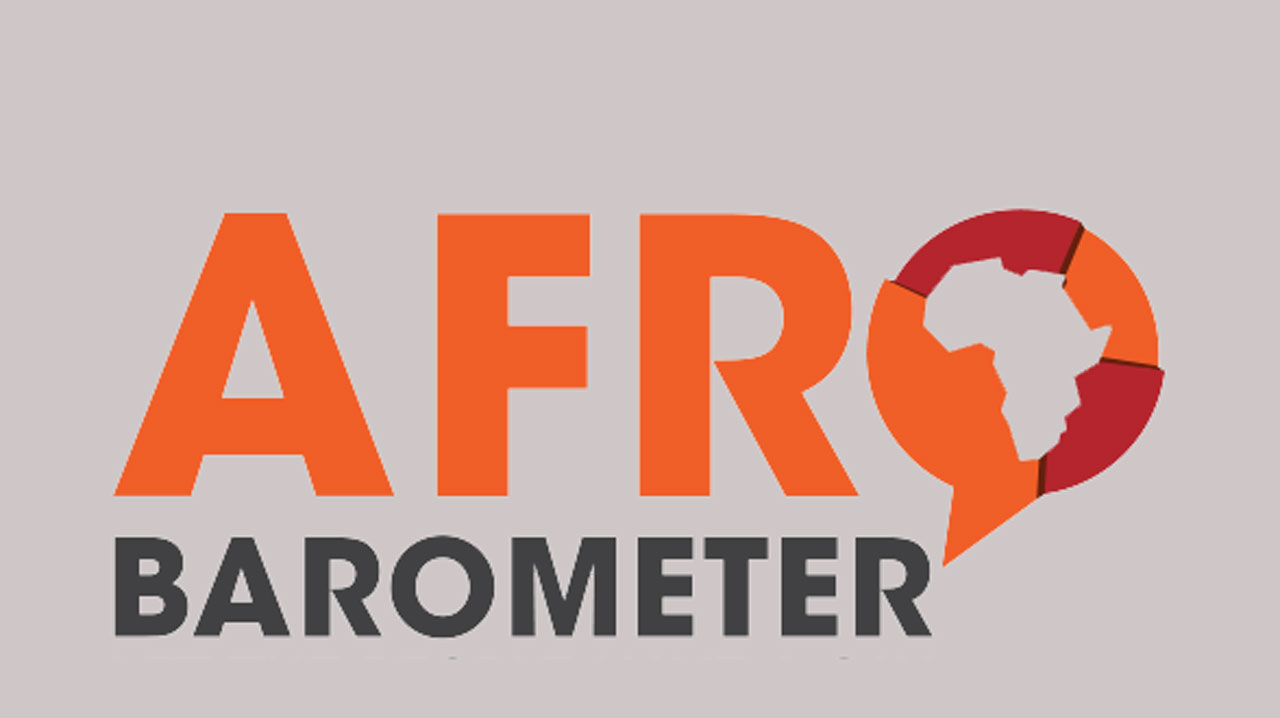The global economic recovery remains “weak and precarious”, the International Monetary Fund has warned.
In its latest World Economic Outlook, the IMF predicts “subpar” growth this year of 3.1%, rising slightly in 2017.
“Taken as a whole, the world economy has moved sideways,” said IMF chief economist Maurice Obstfeld.
The IMF also warned that the Brexit decision will hit the UK economy as it halved its 2017 growth forecast to just 1.1%.
The Fund raised its 2016 forecast slightly as UK retail spending has held up better than expected after the June vote to leave the European Union.
A fall in US growth this year to 1.6%, down from the previous 2.2% forecast, will be offset by increases in countries including Japan, Germany and Russia and India.
The indifferent economic recovery after the global financial crisis has been a persistent theme in the Fund’s regular World Economic Outlook reports.
The latest report warns of the danger of a pattern of underperformance becoming entrenched.
Weak growth can lead to lower investment, slower productivity growth and the erosion of what the IMF calls “human capital” – which means skills and expertise.
The UK referendum result highlights wider trends in developed economies, the IMF says.
“The Brexit vote and the ongoing US presidential election campaign have highlighted a fraying consensus about the benefits of cross-border economic integration,” the report says.
The US reference is about the hostility to international trade agreements such as NAFTA, which involves the US www.downtowndesign.com, Canada and Mexico,) voiced in the election campaign.
The Republican candidate Donald Trump has been the most vocal, though not the only voice expressing such views.
It is a political trend that has the IMF worried. It argues that an environment hostile to trade would make it harder for commodity exporters and poorer countries to develop new lines of exports. Such a trend would also undermine productivity growth and the spread of knowledge and technology.
Mr Obstfeld says: “It is vitally important to defend the prospects for increasing trade integration. Turning back the clock on trade can only deepen and prolong the world economy’s current doldrums.”
In one important area – China – the IMF’s concerns have eased somewhat in the short term. Growth has been stable, allaying fears that China’s widely reported economic slowdown would be much more abrupt than it has been.
However, there is a warning about the country’s longer-term prospects and the debt burden faced by many businesses.
“A still-rising credit-to-GDP ratio and lack of decisive progress in addressing corporate debt and governance concerns in state-owned enterprises raise the risk of a disruptive adjustment,” the IMF says.
That could have important international implications especially for commodity and machinery exporters, for which China is a vital market.
On the UK’s vote to leave the European Union, the IMF says the financial market reaction was “reassuringly orderly” and it has therefore edged up its forecast for growth in the UK this year.
But it says the ultimate impact remains very unclear and the IMF predicts a marked slowdown in growth next year for Britain – but not a contraction.









